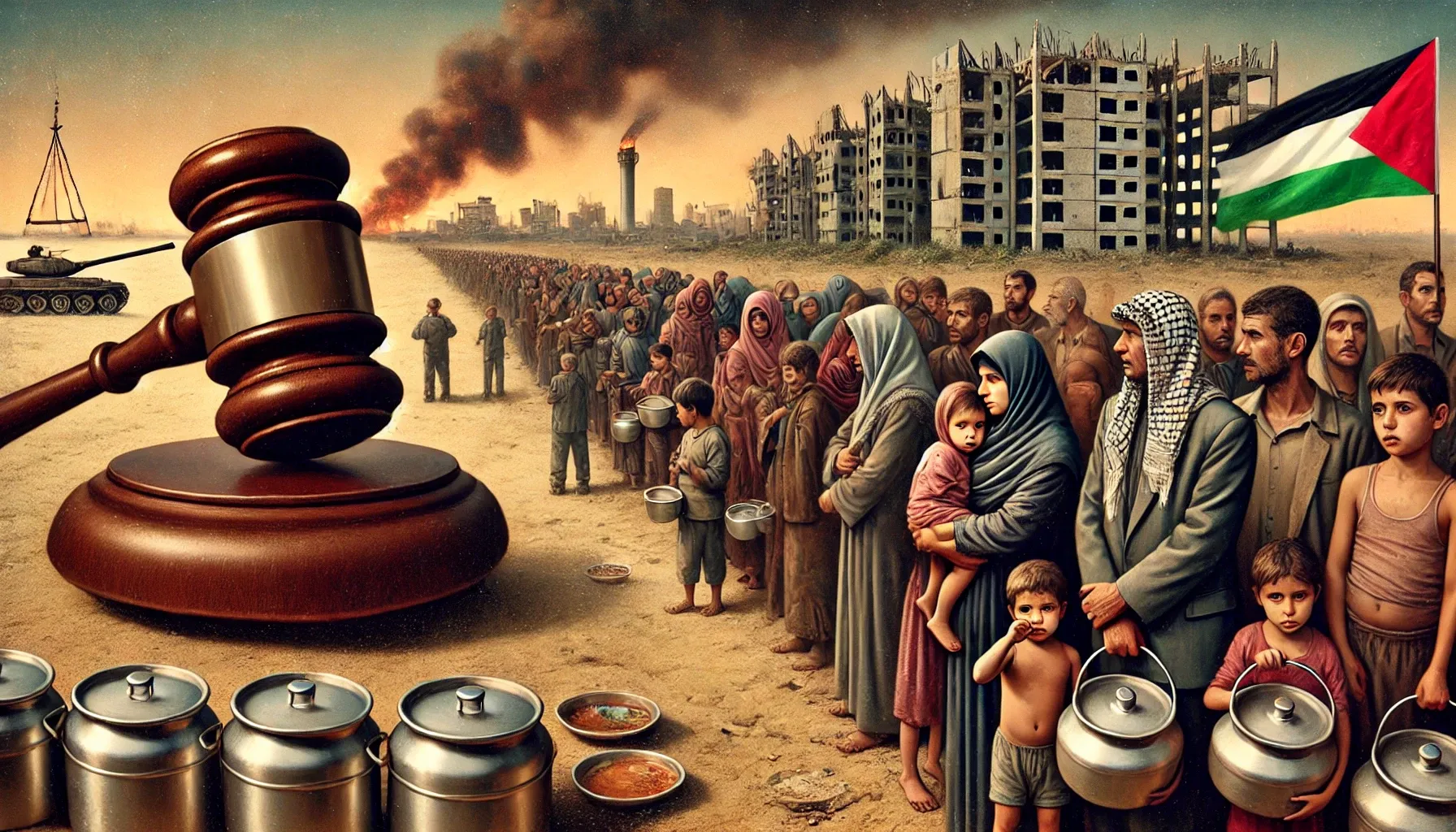Israel’s ban on UNRWA threatens Gaza’s fragile ceasefire, warns UN. UK, France, and Germany express concern. With no alternative plan, UNRWA aid operations and millions of refugees are at risk.

The ongoing Israel-Hamas ceasefire is at risk following Israel’s legislative ban on the UN Relief and Works Agency for Palestinian Refugees (UNRWA). The law, which severs Israeli ties with the agency, came into force on Thursdayand has sparked widespread international concern. UNRWA, which has provided humanitarian aid for over seven decades, warns that its inability to operate in Gaza and the occupied West Bank could have catastrophic consequencesfor Palestinian refugees.
The decision comes after Israel accused UNRWA of supporting Hamas, an allegation the agency has vehemently denied. As diplomatic tensions rise, the United Kingdom, France, and Germany have jointly urged Israel to ensure continued humanitarian aid access.
With no alternative aid plan in place, the crisis threatens to deepen, leaving millions of displaced Palestinians vulnerable.
Israel’s Ban on UNRWA: What It Means
- The law prohibits UNRWA from operating on Israeli soil and forbids any contact between Israeli officials and the agency.
- UNRWA Chief Philippe Lazzarini described the agency as “a lifeline” for nearly six million Palestinian refugees.
- The ban comes 15 months into the war in Gaza, significantly impeding UNRWA’s humanitarian work.
- Israel claims UNRWA staff were involved in the October 7 attack, but has not provided evidence to support this accusation.
UNRWA Warns of Dire Consequences
Speaking at a press briefing in Geneva, UNRWA Director of Communications Juliette Touma warned that the ceasefire’s fragile stability is now at risk.
- “If UNRWA is not allowed to continue to bring and distribute supplies, then the fate of this very fragile ceasefire is going to be at risk and is going to be in jeopardy,” she said.
- UNRWA spokesperson Jonathan Fowler further highlighted the dire situation, calling it a “nightmare scenario”.
- “Our biggest fear is that there is no plan B,” he stated.
- UNRWA still has 5,000 staff working in Gaza, forming the “backbone of the international aid operation”, but their ability to continue relief efforts is now uncertain.
International Reaction: UK, France, and Germany Express Concern
- The UK, France, and Germany issued a joint statement on Friday, expressing grave concern over Israel’s actions.
- The statement urged Israel to collaborate with international partners to ensure that humanitarian aid continues.
- “We urge the government of Israel to work with international partners, including the UN, to ensure continuity of operations,” the statement, published by the British government, read.
UN and Norway Respond
- Stephane Dujarric, spokesperson for UN Secretary-General Antonio Guterres, assured that “UNRWA clinics across the occupied West Bank, including East Jerusalem, are open”, despite the Israeli ban.
- Norway announced a $24 million donation to UNRWA after the law came into effect.
- Norwegian Foreign Minister Espen Barth Eide stated: “Gaza is in ruins, and UNRWA’s help is more necessary than ever.”
Turkiye and Palestinian Rights Groups Condemn Israel’s Move
- Turkiye denounced Israel’s decision as “a blatant violation of international law”.
- “This marks a new phase in Israel’s policies of occupation and annexation aimed at forcibly displacing Palestinians from their own land,” the Turkish government stated.
- Palestinian human rights group Adalah challenged the ban in Israel’s Supreme Court, which rejected their petition on Wednesday.
- The court clarified that the ban only applies to UNRWA operations on Israeli territory, but it still affects East Jerusalem, where UNRWA has field headquarters for West Bank operations.
What’s Next?
With no clear alternative to UNRWA’s aid services, the humanitarian situation in Gaza remains precarious. Palestinian families, including children, are struggling to receive food, and displacement continues.
The international community is now under pressure to address the humanitarian vacuum created by Israel’s ban. Without UNRWA, relief efforts for millions of Palestinian refugees remain uncertain.
Source: Al Jazeera





